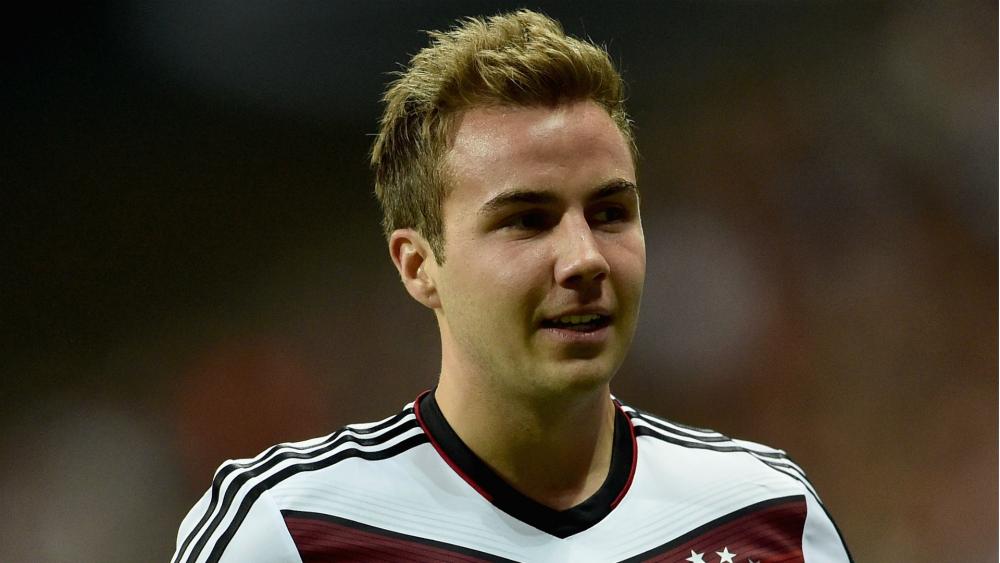The post-match interview: invaluable insight or inane exercise? FourFourTwo hears from the men behind the mics
Alex Hess explores the after-game one-on-one – with the help of those who've been there and done it
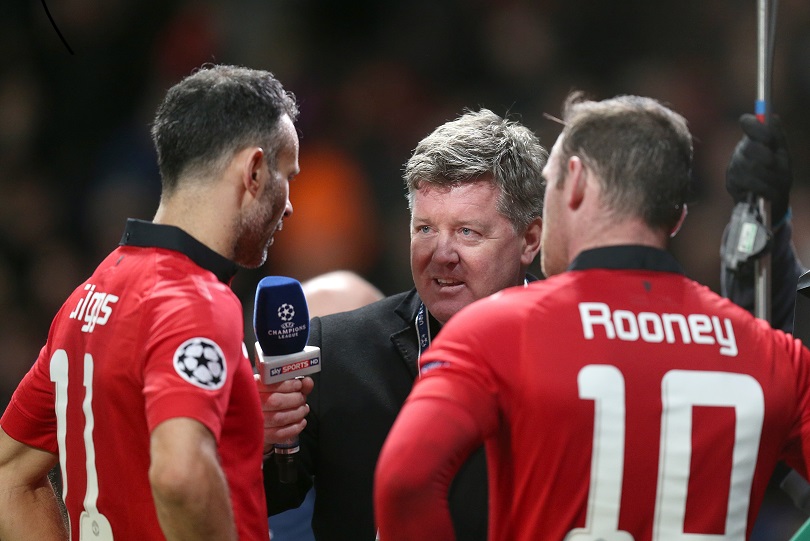
In a sport of fine margins, there are few jobs that veer between the thankless and the fruitful as much as the post-match interviewer. The perils loom large: mess up your first take, and it’s already been seen by an audience of millions; aggravate your subject, and you risk the most mortifyingly public of dressing-downs. But play it too safe and you’ve subjected your viewers to exactly what they don’t want: an anodyne back-and-forth whereby the old, insipid platitudes are merely enabled and indulged.
Get it right, though, and you’ve presented a manager with the question their fan base will want answered, or granted a global audience a moment with their hero. Get it really right, and you’ve set the stage for an abiding moment of sporting theatre, all played out on an intimately human level.
“We get players and managers at their rawest,” says Geoff Shreeves, Sky Sports’ chief touchline reporter and a 25-year veteran of the post-match interview. “Essentially, we’re the conduit for the viewer. Our job is to get information that our viewers want to hear.”
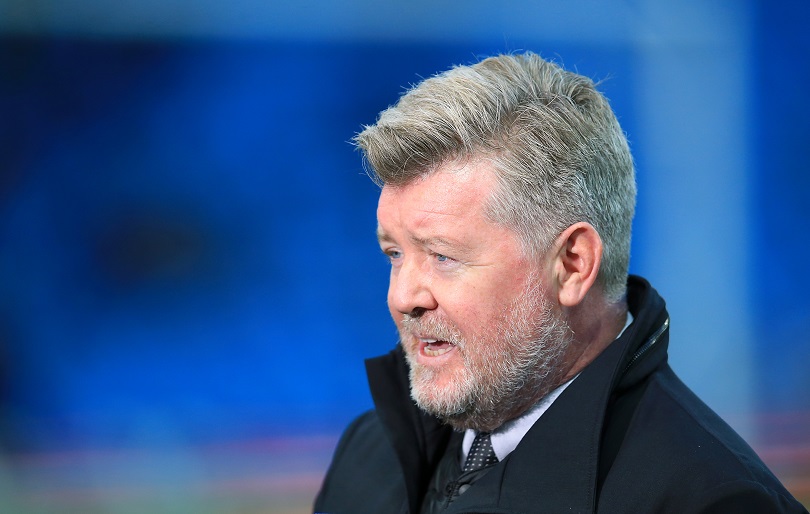
Make it seem natural
Patrick Davison has been carrying out interviews for Sky Sports for over a decade and believes the best interviews are the ones that don’t feel forced
A simple enough remit, perhaps, but one that can make for a desperately tricky tango, often made all the more difficult by subjects who want nothing more than to flee the dancefloor. For every vertiginous highlight – Kevin Keegan’s iconic "I'd love it" moment of 1996, Big Ron’s own “silly machines" effort the same year – there have been countless dialogues when the words ‘blood’ and ‘stone’ have sprung to mind almost as quickly as the urge to hit mute and get the kettle on.
Patrick Davison has been carrying out interviews for Sky Sports for over a decade – he was on the sharp end of Louis van Gaal's death stare a couple of Boxing Days back – and believes the best interviews are the ones that don’t feel forced.
“You can normally tell midway through whether you’re on to a winner,” he says. “I used to spend a lot of time preparing my questions in advance, but I’ve realised the best ones are often very short. If the person is simply encouraged to talk, sometimes the focal point will be something that they have brought up themselves. That way you’ve got your angle more organically.”
Get FourFourTwo Newsletter
The best features, fun and footballing quizzes, straight to your inbox every week.
As far as subjects go, there’s a distinction to be drawn between players and managers. While it’s often in a manager’s interests to give the media something to get their teeth into (more on which shortly), the player’s default setting tends fall somewhere between vigilant and evasive. There’s an old Monty Python sketchwhose central joke is the professional footballer’s reluctance to expand on, “Well, Brian… I hit the ball… and there it was in the back of the net.” That first aired in 1969, and such caginess has certainly not gone away over half a century in which player profiles, scrutiny and media training have escalated dramatically.
Emotion left behind
Given that today’s players risk vilification for such missteps as a dressing-room selfie or a poorly timed exchange of shirts, their caution is logical
Footballers might wear their hearts on their sleeves on the pitch, but off it, any outward display of emotion remains notable for its scarcity – the more probing questions are regularly met with the conversational equivalent of a hoof into row Z. Given that today’s players risk vilification for such missteps as a dressing-room selfie or a poorly timed exchange of shirts, their caution is logical.
“We – the media – have put players in an almost impossible position to be fair,” says BBC presenter Dan Walker, who has been reporting from players’ tunnels since 1998. “We want them to be characters, but then as soon as they do show certain human responses, it’s ‘How dare they?’ So of course, it’s easier for them to be bland.”
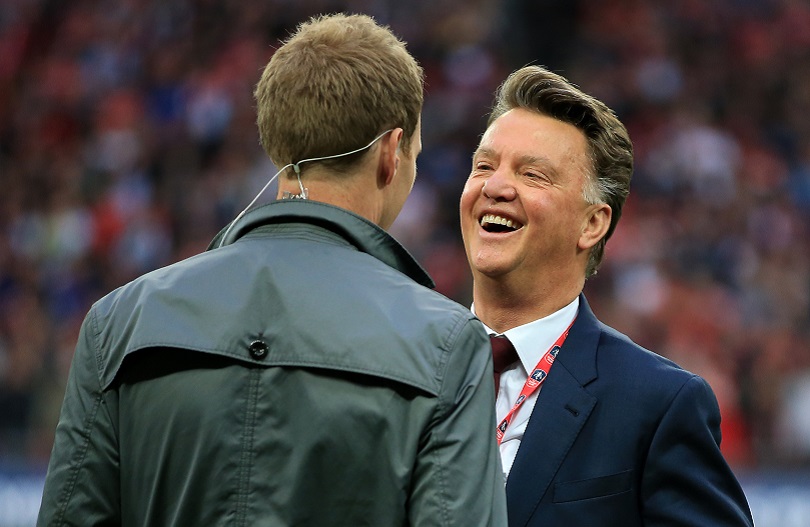
From the outside looking in, the players’ interview formula seems fairly rigid. For a goalscorer, there’ll be a brief admission of satisfaction before the brow is furrowed for the earnest assurance that it was a team performance really and the three points is all that counts. For the losers, there’s some perfunctory self-admonishment followed by a solemn pledge to improve the next result.
“Yeah, you can often see players switching into media mode as soon as the cameras are on,” says Davison. “If possible, I try to have a chat with them off-air for a few seconds beforehand, to avoid having a moment where the interview ‘starts’, as such. Then, the first question can often be quite standard – the last thing you want is the players getting their guards up straight away. But often players fear things from the media that aren’t going to come – we want them to come across well.”
Managerial tool
After a win, the official line is usually to play down the importance of the result as a means of preserving focus
Managers are a slightly different prospect. They are generally far more at ease with the cameras, and happy to offer a substantive, subjective view of the match they’ve just seen.
“Ultimately, the manager is responsible for the result, more so than the players,” says Shreeves. “So they will want to explain it, good or bad. And 90% of the time, their future will depend on the results, so it’s often your duty to ask them about that.”
Which isn’t to say that managers’ interviews don’t tend towards conventions of their own. After a win, for instance, the official line is usually to play down the importance of the result as a means of preserving focus; very rarely – win, lose or draw – will a manager criticise his own players.
“I try to keep the first question positive, something that will encourage them to keep talking,” says Davison. “Generally I try to keep the questions opinion-free and not too heavy-handed – these guys will probably have three more interviews to do plus a press conference, so you can’t expect them to give you something worthwhile if you’ve just asked a stupid question.”
Fergie's time
Ferguson’s legacy looms large: these days, a heady bout of post-match finger-pointing is standard practice among losing managers
Managers are also aware of their ability to set the news agenda – a well-deployed line can light the blue touch paper on days of coverage. Alex Ferguson is regarded as the doyen here, routinely heralded during his 26 years at Old Trafford as a master of deflecting attention. From the sofa, though, it often seemed that this Machiavellian puppeteering amounted to little more than throwing the odd performative tantrum to the camera. What was the impression gleaned in person?
“I don’t know about ‘Machiavellian genius’ – but he was certainly incredibly skilled in his dealings with the media,” says Walker. “A lot of it was about the little things. If he wanted to keep an interviewer onside, he’d make sure to use your name at the right time – he could be charming. He was also a master at putting you on the back foot in order to delay you, to prevent questions he didn’t want to answer – bear in mind, we’re working with minutes and seconds of airtime.
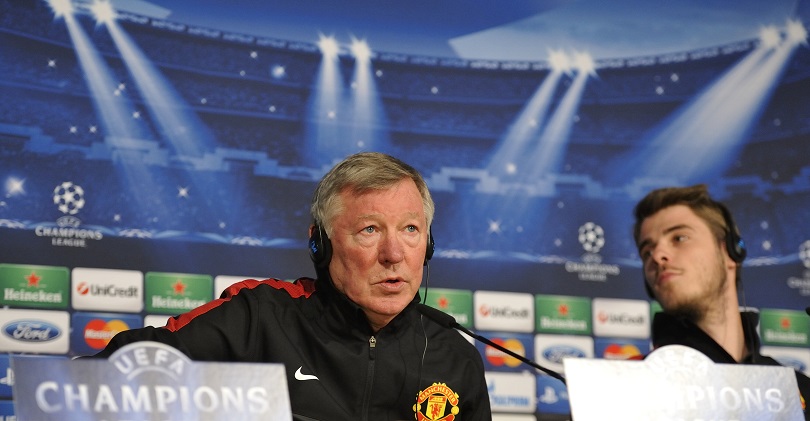
“But mainly, if he wanted to get a message out he was very clever at doing so: he once shouted at me for asking about Ruud van Nistelrooy, when United were trying to sign him. The next day the papers all led with that story rather than United’s defeat – and that was something I brought up!”
The outbursts, then, were perhaps more artful than they appeared. Either way, Ferguson’s legacy looms large: these days, a heady bout of post-match finger-pointing is standard practice among losing managers. A common complaint from viewers is that such artifice isn’t called out on the spot for what it is.
But those demanding a Frost/Nixon-style grilling after each game can fail to see the big picture, Shreeves explains: “Those diversionary tactics are normally fairly obvious. But fundamentally, so much of the interview situation hangs on trust, which is built up over time. If you go in throwing haymakers left, right and centre, people will be wary of you. And the last thing you want is to be interviewing someone who doesn’t want to be there, you’d have no chance – plus, it will be pretty unedifying viewing for everyone at home.”
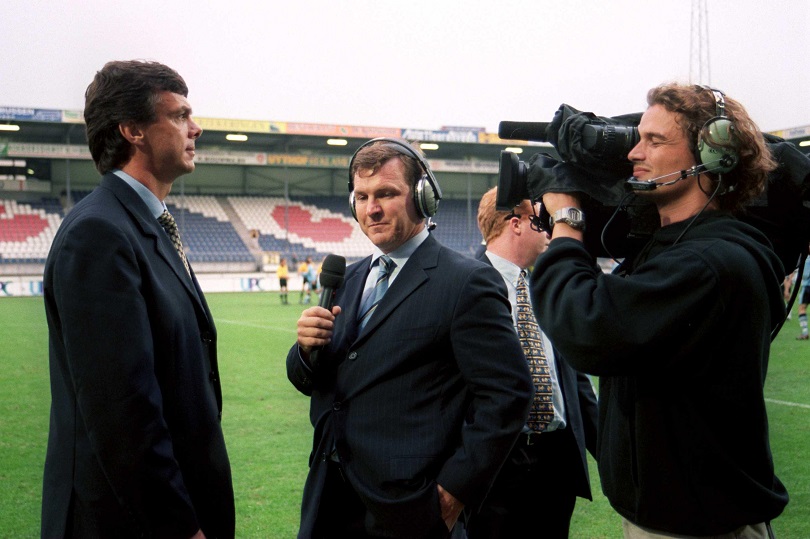
Managing relationships
We need to have a rapport with these guys – and we’re in the tunnel with them every week – so it’s that tightrope between long-term relationships and short-term answers
Questioning players can be an even more delicate business, explains Davison: “If you ask a player about a contentious incident involving his team-mate, he might be thinking ‘Who is this guy?’ We want to get good interviews on a consistent basis, so we need to have a rapport with these guys – and we’re in the tunnel with them every week – so it’s that tightrope between long-term relationships and short-term answers.
“With managers, you’ve got to be careful. If you were to just say, ‘You’re deflecting blame’, that’s essentially a judgment call rather than fact. You don’t want to accuse them of lying. Equally, you don’t want to let them off, so finding the right wording is key.”
How much thought, then, goes into precisely how interviewers phrase their questions?
“A lot!” says Shreeves. “But that doesn’t necessarily mean tough-sounding questions. The most important thing is the answers – always the answers. Tough questions are irrelevant; it’s which questions draw the best answers. That can mean direct, subtle, or somewhere in the middle.”

“I try to make sure it’s not a statement or a closed question. Gordon Strachan would always make sure to catch you out on those – ‘How did you see the game today Gordon?’ ‘From the bench, next!’ But often you’re guiding them towards areas and talking points rather than anything else. If they want to gloss over things, sometimes you’ve got to go back.”
In their hands
Davison believes players are beginning to open up more, especially after a mistake or a controversy. He points to the interview given by Tyrone Mings after his recent tangle with Zlatan Ibrahimovic – media duties that the defender wasn’t obliged to carry out, and in which he gave a good account of himself – as a recent example.
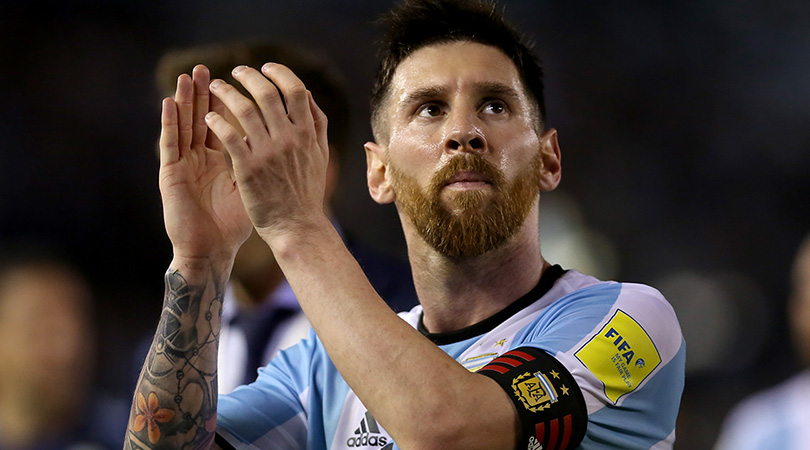
Why respect campaigns and policing player language only make refs' lives worse
Quiz! Can you name the five highest cap holders from the 15 best FIFA-ranked nations?
Your club’s worst player... EVER! As voted for by the fans
“I think lots of players see that it’s an opportunity to showcase themselves, their personality,” says Shreeves. “And they recognise that can lead to good things. Endorsements, of course – but also other managers looking at them and thinking, ‘He seems like a good character’. Essentially, it’s a chance to give a little snapshot of their persona.”
Which makes you think: steely professionalism is all well and good, but deviating from that setting more often may be more beneficial than players realise. Certainly those that do, however briefly – think David Luiz’s ribbing of his Chelsea team-mates, say, or Gary Cahill’s upset over a recent sending-off – tend to emerge with their public image humanised and enriched.
The simple truth, though, is that the fundamental dynamic of the interview puts the power in the hands of the person answering the questions, and in a sport with high stakes and an even higher propensity for outrage, the men and women on the other side of the camera will always have their work cut out. They can coax, coerce and confront, but at the end of the day, Brian, there’s only so much they can do.
